By Omoniyi Salaudeen
5th January, 2025
The outgone year, 2024, was as eventful as it was challenging. There may be no significant difference in the New Year.
Some of the events likely to shape the future of the months ahead include the controversial tax reform bills, constitution amendment, scheming for 2027 elections, local government autonomy, PDP convention, and realignment of forces, among others.
Tax Reform Bills
The tax reform initiated by President Bola Ahmed Tinubu is still generating controversy in the polity. On October 3, 2024, President Tinubu transmitted the four tax reform bills to the National Assembly for consideration, following the recommendations of the Presidential Committee on Fiscal and Tax Reforms headed by Taiwo Oyedele for the review of existing tax laws.

Though the reform initiative has been applauded as the right step towards restructuring, it has reopened the traditional rigid dichotomy between the North and the South. The governors of the 19 Northern states, traditional rulers, and other stakeholders vehemently resisted the bill’s introduction, saying it would make the region poorer.
As such, there is a sharp division among the 36 state governors. While their counterparts in the South have thrown their weight behind the bill, they are insisting on its withdrawal from the National Assembly to allow for further consultations.
Earlier, the National Economic Council (NEC) composed of 36 governors and chaired by the Vice President had rejected the bill, but the National Assembly has yet to take a categorical decision.
In the final analysis, how the stakeholders will resolve the raging controversy will determine the socio-economic stability of the polity in the New Year and beyond.
Constitution amendment
In continuation of the effort to give Nigeria a constitution that will address some of its myriad problems, the current National Assembly is currently undergoing another review process.
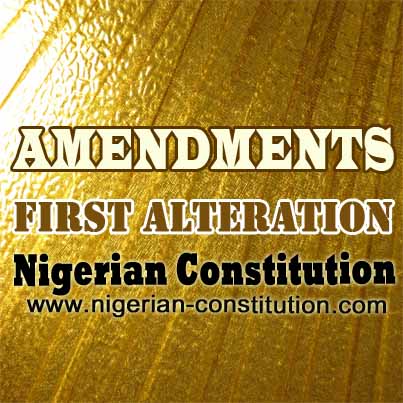
The Chairman of the 47-member Constitution Review Committee and Deputy Senate President Barau Jibrin, at its maiden meeting, stated that the amendment would be concluded in 2026.
“It is important to note that the committee is not constituted to rewrite the 1999 Constitution, but to process proposed amendments to it, and we will strive to conclude this assignment within the next 24 months,” he said.
This implies that the consultations, public hearings, and other procedural processes would be largely done this year to meet the deadline. Some of the critical issues the amendment is expected to address include the agitation for state creation, as well as the creation of state police.
On these issues, the committee will need to strongly consult and engage critical stakeholders in a way that will ensure that bills passed by the National Assembly will be approved and assented to by Mr. President.
Constitution amendment is a laborious task that will require lobbying and a clear and transparent process to be accepted by the critical stakeholders.
The amendment offers another opportunity to address the fundamental problems causing incessant separatist agitations and heightened insecurity across all sections of the country.
For security concern, the creation of state police has been at the heart of the problem of insecurity that has claimed the lives of several innocent citizens. At the recent meeting of the National Economic Council (NEC) chaired by Vice President, Kashim Shettima, 36 states agreed on the recommendations for the creation of state police.
The Kaduna State governor, Uba Sani, who disclosed the development while addressing journalists in Abuja, said a definite position would be taken on January 25.
His words: “Today, one of the discussions we had at the NEC meeting was the update on the creation of state police. As you are aware, there was a submission by states toward the establishment of state police.
“Today, about 35 states have already made their submission for establishing state police in Nigeria. And I can say here that from what is available, virtually most of the states are in agreement with the establishment of state police in Nigeria.
“But today, the council decided to step down the discussion until the next council meeting, because we need to come up with a report from the secretariat. After the report, there will be deliberation at the next NEC meeting which is likely taking place in January. Not only that, there’s also a resolution in the last NEC meeting, which today the Secretariat has also agreed on that there will be further stakeholders engagement after the panel and deliberation by the members of the NEC.”
There is cautious optimism that successful completion of the review that will allow the formation of state police would go a long way to address the security challenge confronting the nation.
Senate President, Godswill Akpabio, while inauguration the committee, explained that the 1999 constitution needed a review because it contained many issues that should be “put right.”
Nigerians would be looking forward to see the direction of the process in the months ahead.
Realignment of political forces
In politics, the end of one election cycle is usually the beginning of another one. The tenure of the current administration of President Tinubu is gradually inching towards its midterm. This year, there will be an expected increase in the tempo of political activities leading to realignment of forces ahead of the 2027 next general elections.
Already, there have been speculations of possible merger arrangements among the leading opposition political parties. All things being equal, the Peoples Democratic Party (PDP), Labour Party, and New Nigeria Peoples Party (NNPP) will probably attempt to join forces this year.

This is imperative as the three parties are so internally divided that no single one of them can win the presidential election without forming an alliance that is formidable enough to challenge the APC.
Political observers are, however, pessimistic about such a possible alliance between the presidential candidates of the Labour Party in the last general election, Peter Obi, and the PDP’s Atiku Abubakar because of their disagreements as to who should be the main presidential candidate in any such arrangement.
So far, political momentum is in favour of the ruling All Progressives Congress (APC) which has continued to win elections.
The opposition is in disarray, weakened, and unable to unite to challenge the APC.
In recent weeks, concerns have been raised about the health of the leading opposition parties, notably the Peoples Democratic Party (PDP), and the Labour Party.
The two parties have been bogged down by internal power squabbles, leading to gale of defections to the ruling All Progressives Congress (APC).
In particular, the defection witnessed in the National Assembly has increased public anxiety about the gradual descent of the country into a one-party state.
President Bola Tinubu will enter the third year of his presidency this year. This is the most crucial period for him to show that he deserves a second term. On this note, there will be an increase in pressure on him as the politics of the 2027 presidential election takes the front burner. There will be several developments that will shape and influence Nigeria in 2025 which will determine whether or not Tinubu will survive a 2027 challenge to his power.
At sub-national level, in states like Lagos, Kwara, Imo, Ogun, Oyo, where the incumbent governors are serving out their second tenure, the power game is already becoming more and more intriguing. This will come into full force before the end of this year.
LG autonomy
Controversy has been trailing the Supreme Court judgment which granted financial autonomy to local government. However, some governors have yet to come to the reality of a new system that would take away the control of the local council from them.
However, there is an indication that the president may be disposed to finding a political solution to the lingering face-off between the Federal and state governments.
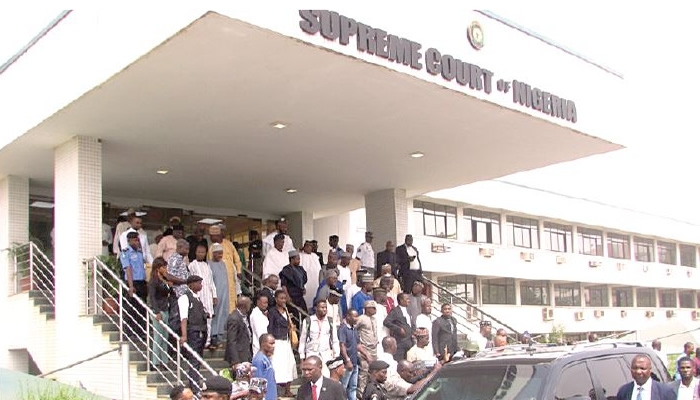
In July 2024, the Supreme Court delivered a landmark judgment granting local government administration financial autonomy. Some governors have, however, sought various means to undermine the judgment.
In a renewed effort to find an amicable resolution to the issue, the president has been quoted to have dismissed insinuations of any disagreement between the federal and state governments.
In his recent meeting with some governors, he said: “There were gossips that we had disagreements on local government autonomy. No. Just drive development at the local government. Nobody wants to take them away from you, but we need collaboration. Let’s do it together and ensure Nigeria is better off for it.
“We will not fight within us. I will drive the change. You control your local governments. You can restore hope by effectively fulfilling what the people expect at the grassroots level.”
President Tinubu also used the occasion to call for stronger collaboration between the federal and state governments to address pressing challenges, including local government autonomy, agricultural productivity, and currency stability. He expressed his commitment to local government development and autonomy.
Rivers crisis
The consequences of the prolonged face-off between the governor of Rivers, Siminalayi Fubara, and the supporters of his estranged godfather, Nyesom Wike, who is now the Minister of the Federal Capital Territory, Abuja, will come into full effect this year.
Over some months, the pro-Wike lawmakers have been threatening the impeachment of Fubara.
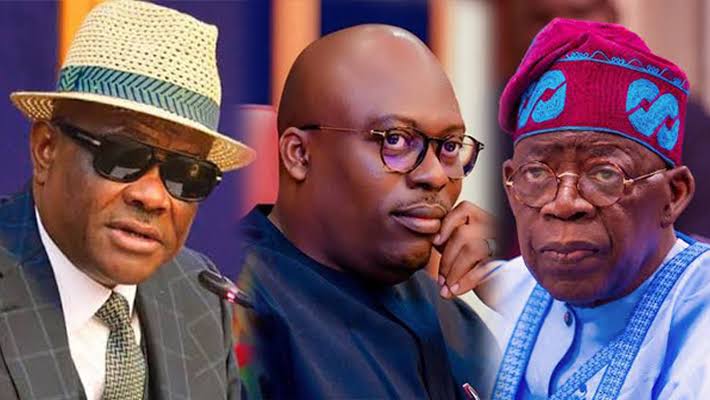
This has remained a subsisting court matter. However, there is a possibility of heightened face-off which could culminate in the impeachment of Governor Fubara, especially if peradventure he loses some of the legal battles that have stopped the action of the lawmakers in court.
In that event, there will be a political crisis in the state which may increase the risk of attacks on oil facilities.
PDP NEC meeting
All things being equal, the National Executive Committee of the PDP will be held in February where far-reaching decisions that will affect the peace and stability of the party will be taken.
At the last meeting of the stakeholders held in November 2024, concerned governors urged the party’s National Working Committee (NWC) to call for a National Executive Committee (NEC) meeting by the first week of February 2025 to allow for elaborate consultations with critical stakeholders of the party.

The call followed an indefinite suspension of the NEC meeting scheduled for November 28, 2024. The incessant postponements of the NEC meeting have been linked to the plot to foil the plot by some aggrieved members of the party to remove the acting National Chairman, Amb. Umar Damagum.
Since the loss of the last presidential election, the PDP has been embroiled in a leadership crisis.
As a result, the National Working Committee (NWC) of the party has been roundly blamed for the lingering crisis. However, to give the party a new lease of life, some stakeholders have called for Damagum’s removal.
But the doomsday has been postponed till the party’s NEC meeting scheduled for February.
The decision to hold the 99th NEC meeting of the party in the first week of February 2025, was taken at the PDP Governors Forum held in Jos, which also had in attendance Damagum and other leaders.
Political watchers will like to see the politics that will play out during the NEC meeting.
Some people believe that Damagum is being used by the Minister of the Federal Capital Territory, Nyesom Wike, to fight a proxy war against the sympathisers of the presidential candidate of the party in the last general elections, Atiku Abubakar.
The outcome of the meeting will make or mar the future of the party in the current political arrangement in the country.
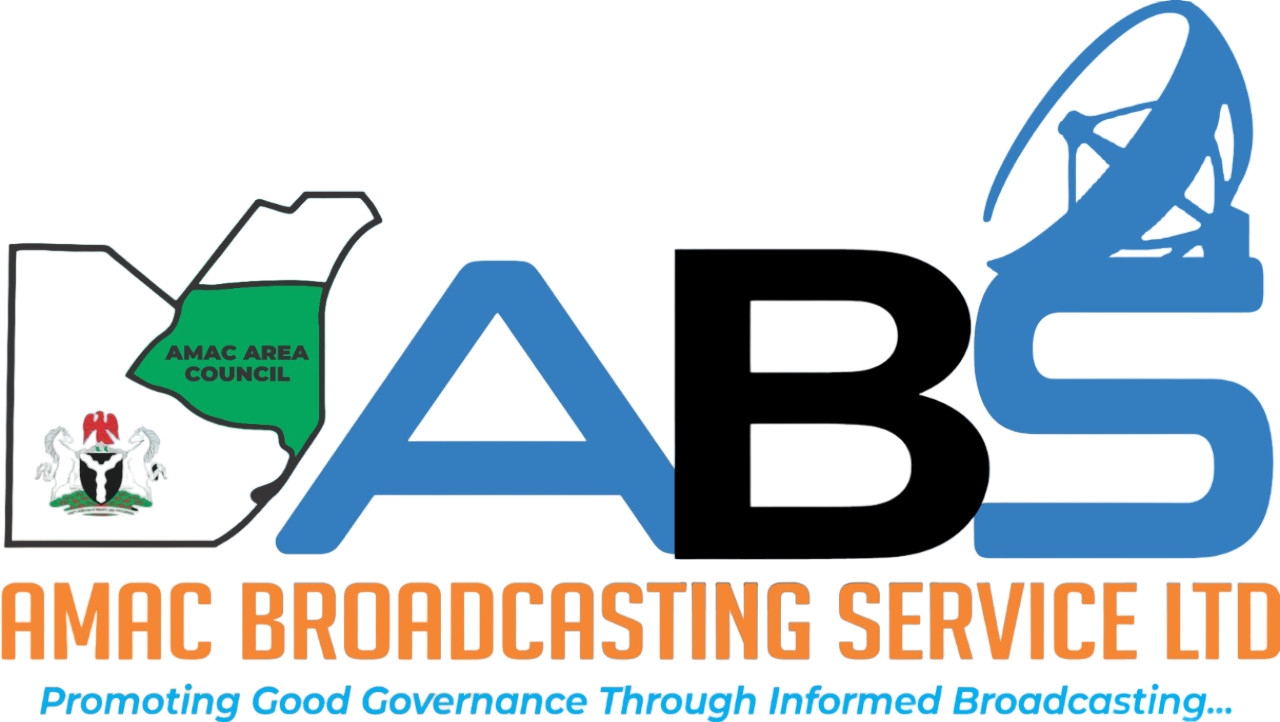
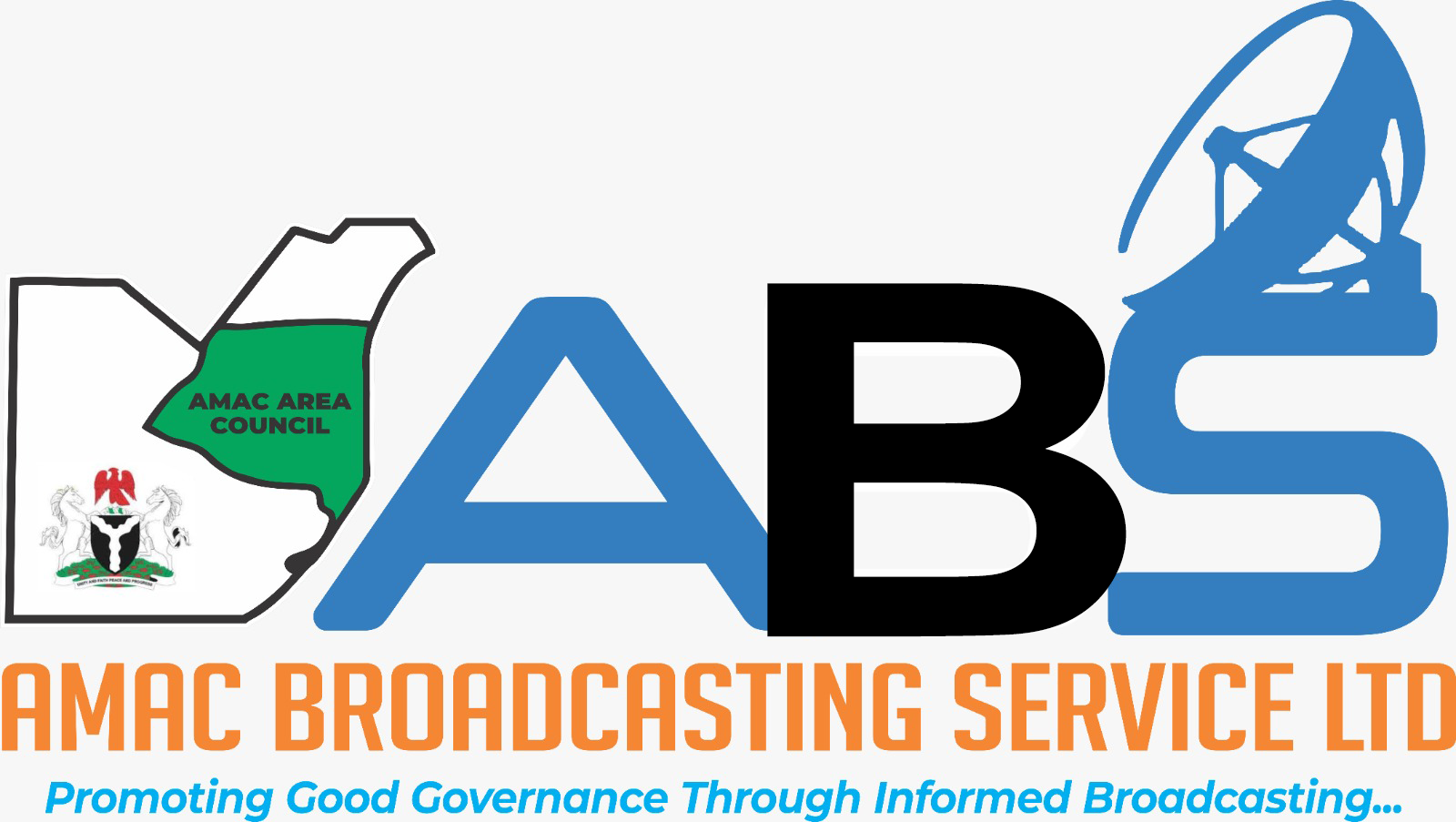


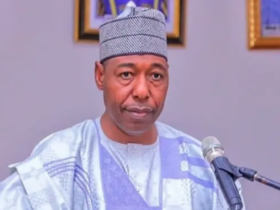
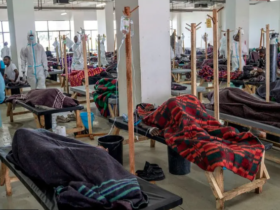
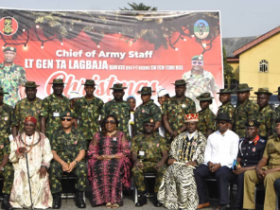





Leave a Reply